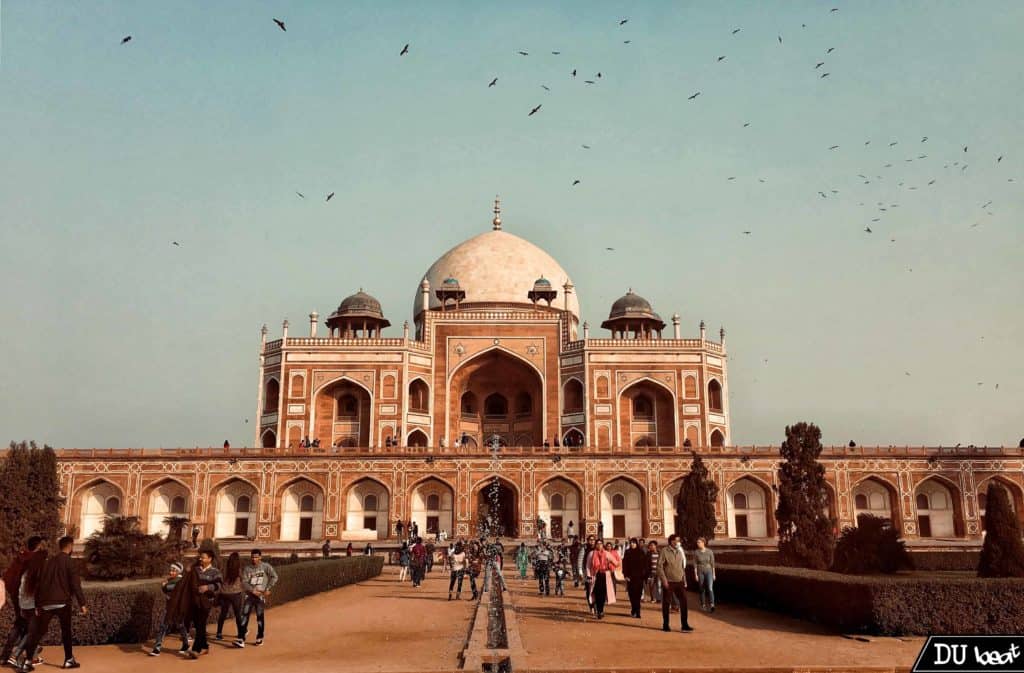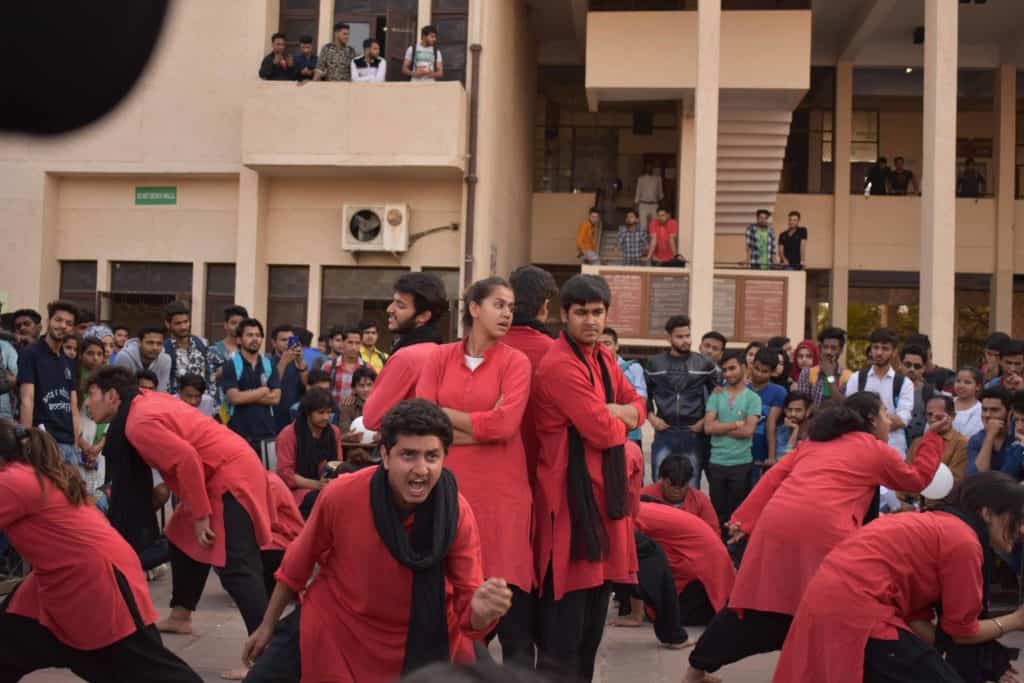Sorry, the old RaGa cannot come to the PressCon right now. Why? Oh, cause he’s dead. Let’s explore his journey from the Prince of Political Dynasty, to Pappu, and then Beyond.
Perhaps one of the most interesting things about the General Elections of 2024 was the escalated and expeditious participation from Generation Z, a large strata of whom finally got a direct vote in the election of the Government. This participation was also rooted in the Twitteratis and their constant political pundit-esque commentary that remained persistent throughout this apparent festival of democracy. From the viral “Dimple Bhabhi Hatiye…” tweet to the pookie-fication of Narendra Modi, nobody escaped the brunt of the internet folks. A leading player in the battle for the seat of prime minister was Rahul Gandhi, who displayed a staggering transformation. From him being posted to the edits of ‘Daddy’s Home‘, his subsequent babygirlification and portrayal as the Batman of Indian political scenario et.al., RaGa seemed to be a Twitter favorite; pre, midst, and post the election season. And this, comes as a surprise for someone who has long been ridiculed by both, the politicians and the masses, as ‘Pappu’.
When the National Democratic Alliance, on its third subsequent win, boasts about a new era of Modi 3.0, it is notable that this also embarks the beginning of RaGa 3.0. Something that is even more remarkable is how every epoch of his political career draws a direct parallel to the state of the current opposition in the country. In retrospect it might appear to be a vague statement, however, this opinion piece attempts to substantiate the same, and for that, the political trajectory of Rahul Gandhi needs to be analyzed in a trifactorial manner.
In a political climate that was being conditioned for Priyanka Gandhi to be the new face of the Indian National Congress, with the re-emphasization of her parallels to Indira Gandhi, the launch of Rahul Gandhi as the face of INC was a rather unanticipated change for the politicians and the masses alike. In a direct parallel to Rajneeti (the 2010 Prakash Jha Directiorial’s) Samar Pratap, played by Ranbir Kapoor, ‘a foreign returned relatively less-known to-and-of the political scenario‘ heir was placed into the position of a party supremo. However, that is where the parallels end, while Samar goes on to become a force to reckon with, RaGa displayed a relatively inconsistent political profile. His political prowess at that time focused largely upon as the ‘uniter’ of the nation, working on reducing the caste and religion-based divisiveness in the country. Subsequently, he won from the ancestral seat of Amethi and was popularised as the Yuva Neta, and harbinger of justice, by the media. However, despite this popularised imagery that he had cultivated around himself, he refused to hold positions of power within the INC and rather struck to the youth wings. The launch of RaGa drew a parallel into the INC as it witnessed a rejuvenation of the Gandhi Parivaar within the leadership positions, after 14 years of absence, albeit in an indirect mannerism with Manmohan Singh being the Prime Minister then.
Post the smooth and apparent surged political prowess, the era of Rahul Gandhi 2.0 comes into play with the elections of 2014 and beyond; the General Election of 2014, posed a drastic change in the climate of the Indian Political Scenario, wherein the 10-year streak of the INC was fiercely shattered by the National Democratic Alliance and its figurehead, present Prime Minister Narendra Modi. The dramatic downfall of the INC marked the beginning of RaGa as the undisputed King of Bloopers and the face of Indian Political Memes, the person who was hailed as the Prince of the Politically Dynastic Gandhi Parivar was now ridiculed as ‘Pappu’, and worse. The lack of a proper redressal mechanism from the INC upon the same, and RaGa’s subsequent infamous statements like the ‘potato-gold‘ alchemy theory, the hug in the parliament, misgendering of the Speaker, et.al., cemented the NDA alliances claim of the ‘Shehzada’, in attempts to mock his lack of proper developmental work despite the privilege he was equipped with. A subsequent political debacle also surrounded the Indian National Congress, as it witnessed the lowest-ever tally of 44 seats post the 206-seat mark they achieved in 2009.
Post the 2019 stint of the National Democratic Alliance, and its subsequent chants of Abki Baar, 400 Paar; the public expectation from the erstwhile political bigwig declined, and an absolute majority of the present ruling party was largely accepted and anticipated. Despite the anti-heroic downfall that the INC witnessed, he kept walking (quite literally) and conducted two Nyay Yatras, which is speculated to have become a source of connection between the common man and the INC, and the reason for its subsequent victory in certain places. His newfound oratory skills and social media tactics labeled RaGa as the herald of the change of the apparent de-Modicisation and Democratization of the country. The connection that he attempted to build at a grassroots level, and better redressal skills, led to a surge in the INDIA vote bank, and a subsequent declination in the expected votes for the NDA.
However, RaGa’s relatively newer 3.0 trajectory did not stop there, the 1st July speech in the parliament, ended the era of his silence and negligence regarding the political climate and the flaws of the NDA, as he delivered a speech outlining the very same. The Speech won him further accolades over social media, as the netizens proclaimed that the tectonics of the Indian Political Scenario witnessed a shift that day, the void of an improper Leader of Opposition seemed to be filling. This is followed by his recent visits to places that have been impacted by violence and improper governance like Manipur, Assam, site of Hathras Stampede, loco pilots of Delhi, et.al. This is a clear indication of a political consistency, which he is infamously unknown of. The transition from Pappu to the Leader of Opposition, depicts a shift in the political ball game of the country, a probable subdued indication of the resurgence of the INC, and a new arena into his political trajectory. However, it remains long to be seen whether this political conundrum turns out to be a sham, or has Prime Minister Narendra Modi finally found an able competitor.
Read Also: Saffron Politics: A Path To Majoritarianism
Featured Image Credits: X
Shikhar Pathak







